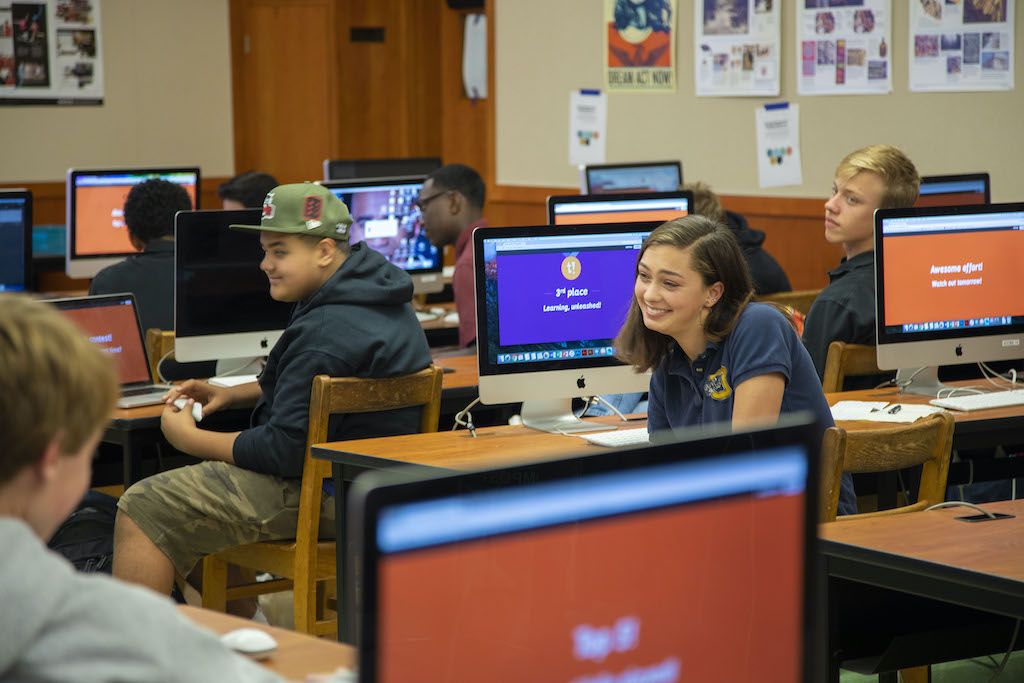
Kahoot! is an innovative, AI-powered learning platform that helps teachers turn lessons into interactive, game-based experiences. With over 75% of teachers reporting that their students are more engaged when learning involves play, Kahoot! has become a trusted tool for enhancing education across schools worldwide.
As we head into 2025, we must tackle misconceptions about absenteeism and prioritise consistent attendance to ensure our children receive the education they deserve. By empowering students to create and lead their own learning experiences through techniques like game-based quizzes, we aim to cultivate a positive and engaging classroom environment that naturally reduces absenteeism.
Creative ways to deliver topics
As we look ahead to 2025, the use of AI in education will focus on both productivity and relevance. Not only will it save valuable time, allowing teachers to concentrate on creating more engaging and effective learning experiences, but it will also enable the development of customised lessons that align closely with curriculum requirements. This dual benefit of AI will empower educators to enhance both the efficiency and quality of their teaching.
We have experienced – firsthand – that educators are using the capabilities of Kahoot!’s AI on platforms to explore and implement creative and interactive ways to present different topics. These tools enhance engagement by transforming students from passive listeners to active participants through interactive learning strategies like gamification, group discussions and collaborative creativity.
Educators can leverage AI to create interactive content that significantly boosts student engagement. Meanwhile, students can generate study materials, transforming notes into flashcards or quizzes. This fosters retrieval practice, a more effective study method than simply rereading. AI also empowers educators by streamlining the process of lecture preparation, enabling them to efficiently organise their materials and resources.